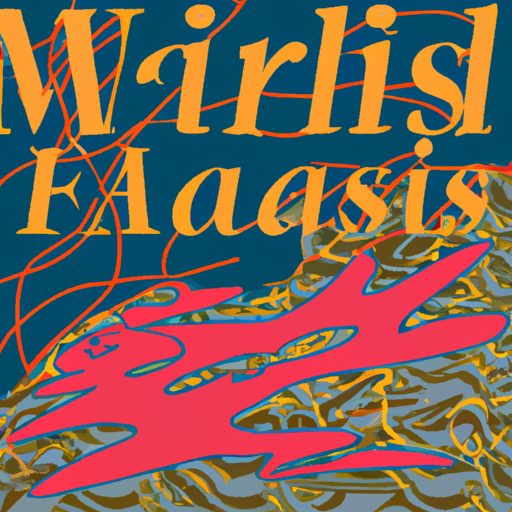Deadly wildfires have swept through Maui, Hawaii, leaving an alarming death toll of at least 80, and reducing hundreds of homes to ashes. The fires moved with terrifying speed and strength, prompting emergency services to struggle to find temporary shelter for survivors.
As communication remains difficult due to 30 offline cell towers and expected power outages in the western part of the island, authorities warn that the death toll could still rise. The scale of the devastation became clearer on Saturday, showcasing the urgent need for robust wildfire management and response strategies.
Geoff Bogar, a retired fire captain, and his friend Franklin Trejos, were among those who attempted to save others and their properties. Unfortunately, Trejos did not survive, and Bogar found the remains of his friend and his beloved golden retriever, Sam, in the back seat of his car.
Westminster police are currently investigating the wildfires, which are the deadliest natural disaster in the state in decades, surpassing a 1960 tsunami that claimed 61 lives. Despite a territory-wide emergency system with monthly tested sirens, records do not indicate any warning sirens sounded before people had to flee from the imminent threat.
Fueled by a dry summer and strong winds from a passing hurricane, the wildfires raced through the parched brush covering the island. The most severe blaze destroyed nearly all of Lahaina, leaving a grid of gray rubble between the ocean and lush green slopes.
Emergency managers in Maui are still assessing the extent of the damage and searching for places to house those displaced from their homes. As many as 4,500 people are in need of shelter, indicating the widespread impact of the disaster.
The wildfire is already projected to be the second most costly disaster in Hawaii’s history, highlighting the need for effective disaster management and response strategies. The disaster underscores the urgency of addressing climate change and fortifying our communities against such devastating events.

